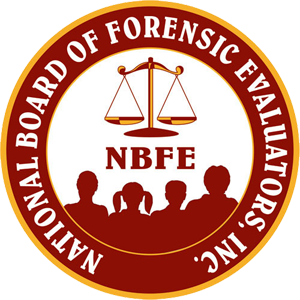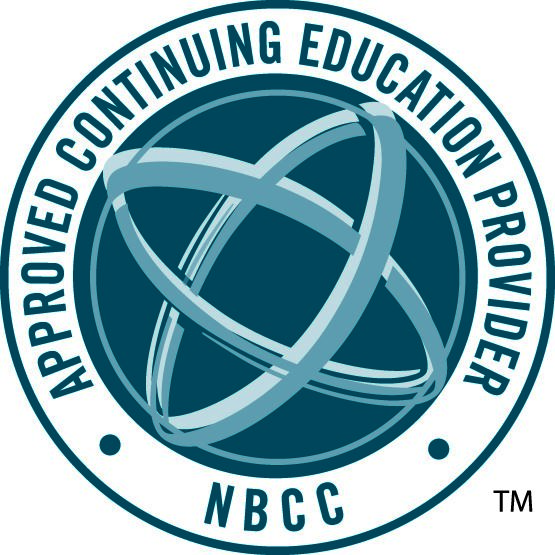501(c) 3
Tax Exempt Public Charity

National Board of Forensic Evaluators
About our "On Demand" Webinars:
NBFE broadcasts several live webinar events each year. Though we strongly encourage attendance at live events, which allow for more experiential learning and interaction between attendees and presenters, we understand that busy professionals sometimes have schedule conflicts with our live events. For this reason, in 2018 we launched our "on demand webinar" program, in which we record our live webinar events and then convert them into recorded training events that professionals can view and complete at their leisure.
The National Board of Forensic Evaluators (NBFE) has been approved by the National Board for Certified Counselors (NBCC) as an Approved Continuing Education Provider, ACEP No. 6189. Programs that do not qualify for NBCC credit are clearly identified. NBFE is solely responsible for all aspects of the program. Provider #: 6189. NBFE is endorsed by the American Mental Health Counselors Association as well as numerous state and local associations and groups. For professional licensed in Florida, NBFE is an approved by CE Broker to provide continuing education for licensed mental health counselors, marriage and family therapists, clinical social workers, and psychologists (CE Broker Provider #50-15823) All "on demand" webinars are accessible online.
Certificates that are suitable for framing and submission to licensure boards will be sent via e-mail.
For professionals licensed in Florida, attendance will be automatically reported to CE Broker.
Note: "On demand" webinar registrations are nonrefundable.
To learn more and register for an "on demand" webinar program, click on the title name below.
